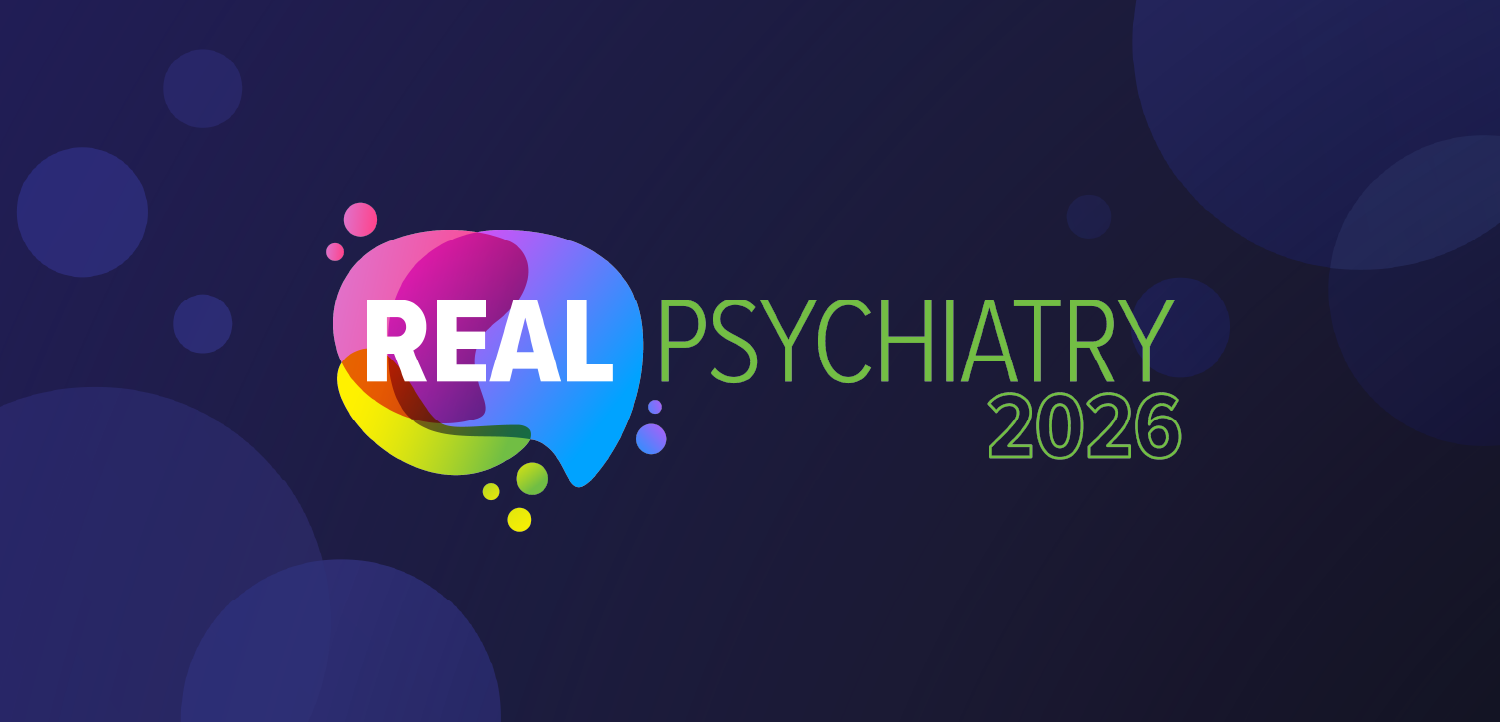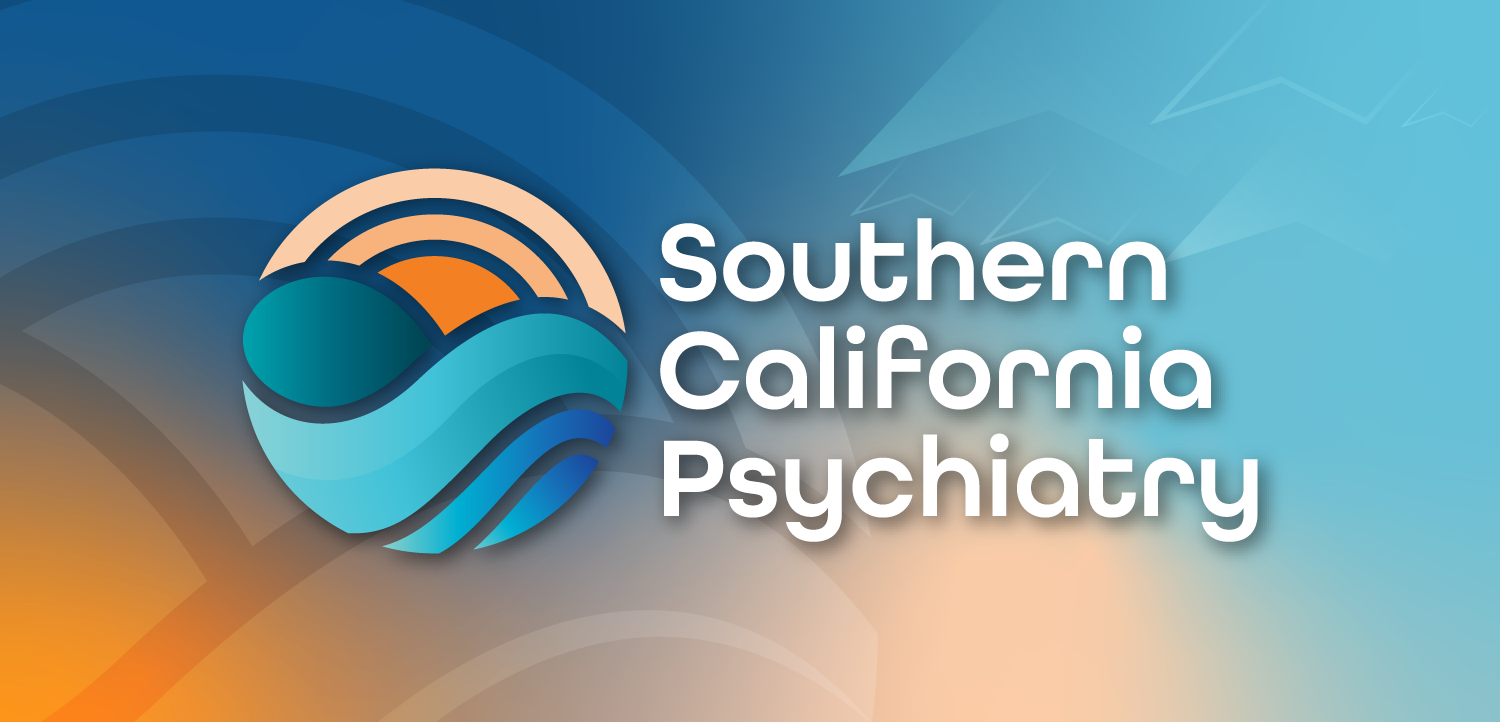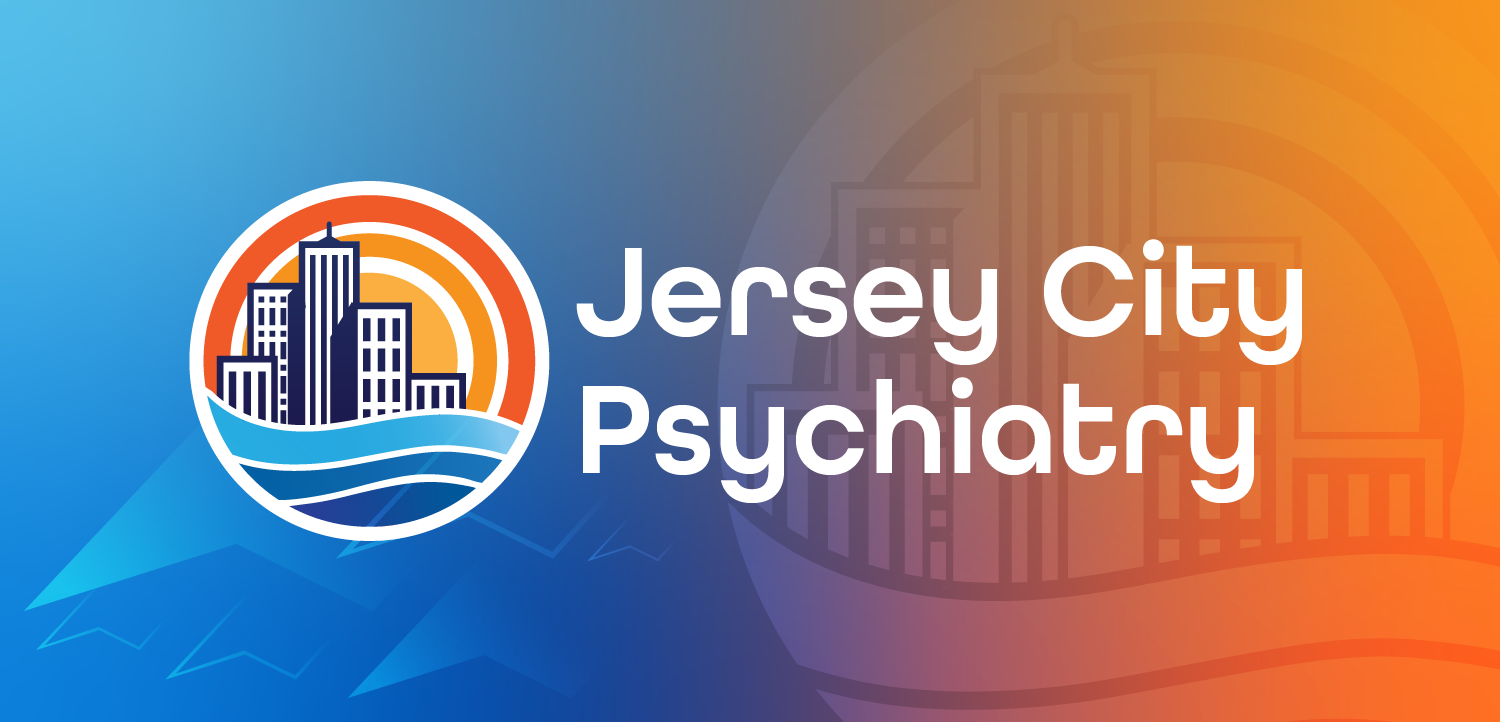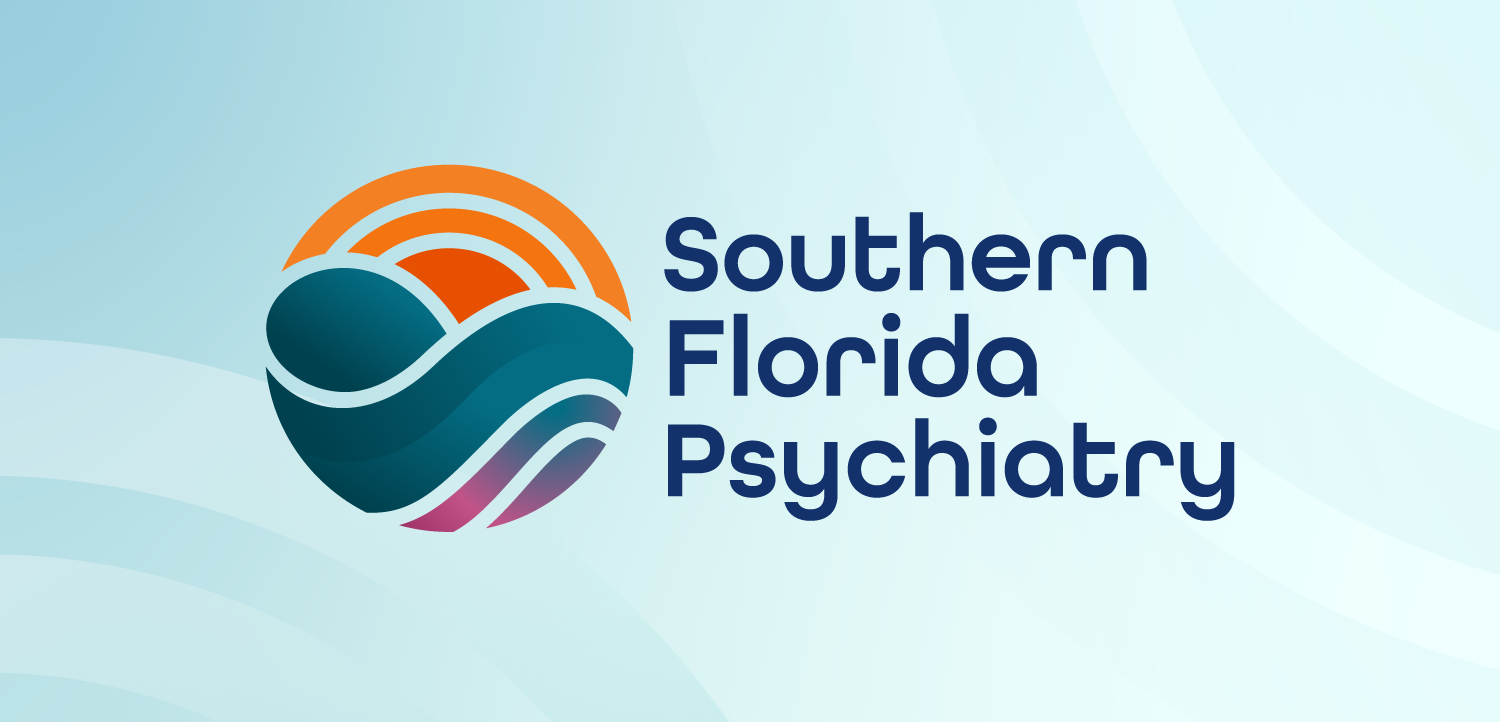
Efficacy of Semaglutide for the Treatment of Substance Use Disorders
Key Takeaways
- Semaglutide shows potential as a treatment for alcohol and tobacco use disorders, with promising safety and tolerability results in phase 2 trials.
- The study involved non-treatment-seeking adults, with 81.3% completing the semaglutide regimen and 79.2% reporting at least one adverse effect.
An analysis presented at the ASCP Annual Meeting explored the safety and tolerability of the treatment for alcohol and tobacco use disorders.
CONFERENCE REPORTER
A poster at the
According to the analysis presented, preclinical findings indicate that glucagon-like peptide 1 receptor agonists (GLP-1RAs), such as semaglutide, have the potential to reduce the intake of addictive substances like alcohol and nicotine. Clinical reports have also suggested spontaneous reductions in alcohol and nicotine consumption during treatment with semaglutide and other GLP-1RAs.1
Although these findings have led to the exploration of GLP-1RAs as potential treatments for substance use disorders, according to the investigators, little was known about the safety and tolerability of semaglutide specifically in individuals with substance use disorders prior to this study.1
The study enrolled non-treatment-seeking adults, aged 21 to 65 years, with a body mass index (BMI) of 23 or higher who were enrolled in 1 of 2 studies of semaglutide for the treatment of alcohol use disorder (NCT055207752) or cigarette smoking (NCT055305773). Participants were randomly assigned to receive semaglutide on a once-weekly dose-escalating regimen (0.25 mg for 4 weeks, 0.50 mg for 4 weeks, 1.0 mg for 1 week) or placebo injections. Throughout the trials, clinical and safety data were gathered during weekly outpatient visits coinciding with medication administration.1
Participants also underwent laboratory sessions involving alcohol administration or cigarette smoking procedures at baseline and during treatment. Interim adverse effect data were collected for all randomized participants who had completed at least 1 week of treatment and reached a final disposition status, indicating treatment completion or discontinuation.1
Preliminary results from the analysis indicated that semaglutide was generally well-tolerated by participants with substance use disorders. Out of the 48 participants with finalized status at the time of the analysis, 81.3% successfully completed the entire treatment regimen, while 18.8% discontinued for various reasons, including 6.3% lost to follow-up, 4.2% due to time or logistical constraints, 2.1% experiencing adverse effects, and 6.3% for other reasons.1
Adverse effects reported were consistent with known adverse effects of semaglutide in other clinical populations. Overall, 79.2% of participants reported experiencing at least 1 adverse effect, with the most prevalent being decreased appetite (73.7%), nausea (63.2%), headache (42.1%), diarrhea (36.8%), and constipation (36.8%). Other common adverse effects, reported by more than 10% of participants, included vomiting, dizziness, and abdominal pain.1
There were no recorded instances of serious adverse events, and only 1 participant discontinued due to adverse effects attributed to the medication. Adherence to the scheduled doses was exemplary, with a 100% adherence rate among study completers and an overall adherence rate of 81.3%. Additionally, 2 instances of vomiting were recorded during laboratory alcohol administration sessions.1
Although these findings provide an early indication of the safety and feasibility of semaglutide in adults with alcohol use disorder and tobacco use disorder, the investigators acknowledged that the study has limitations. These include the relatively short treatment period, the limited dose range, and the aggregation of data across medication and placebo arms. Attention is also warranted to alcohol-related adverse effects, such as emesis, in future studies of GLP-1RAs in individuals with heavy alcohol consumption.1
Overall, according to the investigators, the preliminary analysis suggests that semaglutide holds promise as a potential treatment option for substance use disorders, pending further research and confirmation of its efficacy.1
The poster was presented by study co-author Georgios Kostantinis, clinical trial post-baccalaureate research assistant at the University of North Carolina at Chapel Hill.
Stay up-to-date on news related to research on promising new interventions and developments in the treatment of a wide variety of psychiatric disorders at
Note: This article was prepared with the assistance of ChatGPT.
References
1. Kostantinis G, Klein K, Powell M, et al. Evaluating safety and tolerability of semaglutide in participants with substance use disorder. American Society of Clinical Psychopharmacology Annual Meeting. Poster presentation. May 29, 2024. Accessed May 29, 2024.
2. Semaglutide for alcohol use disorder. ClinicalTrials.gov. Last updated May 8, 2024. Accessed May 29, 2024.
3. Effects of semaglutide on nicotine intake. ClinicalTrials.gov. Last updated November 15, 2023. Accessed May 29, 2024.
Newsletter
Receive trusted psychiatric news, expert analysis, and clinical insights — subscribe today to support your practice and your patients.














